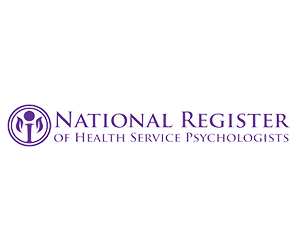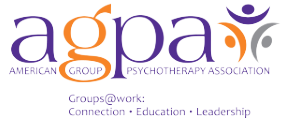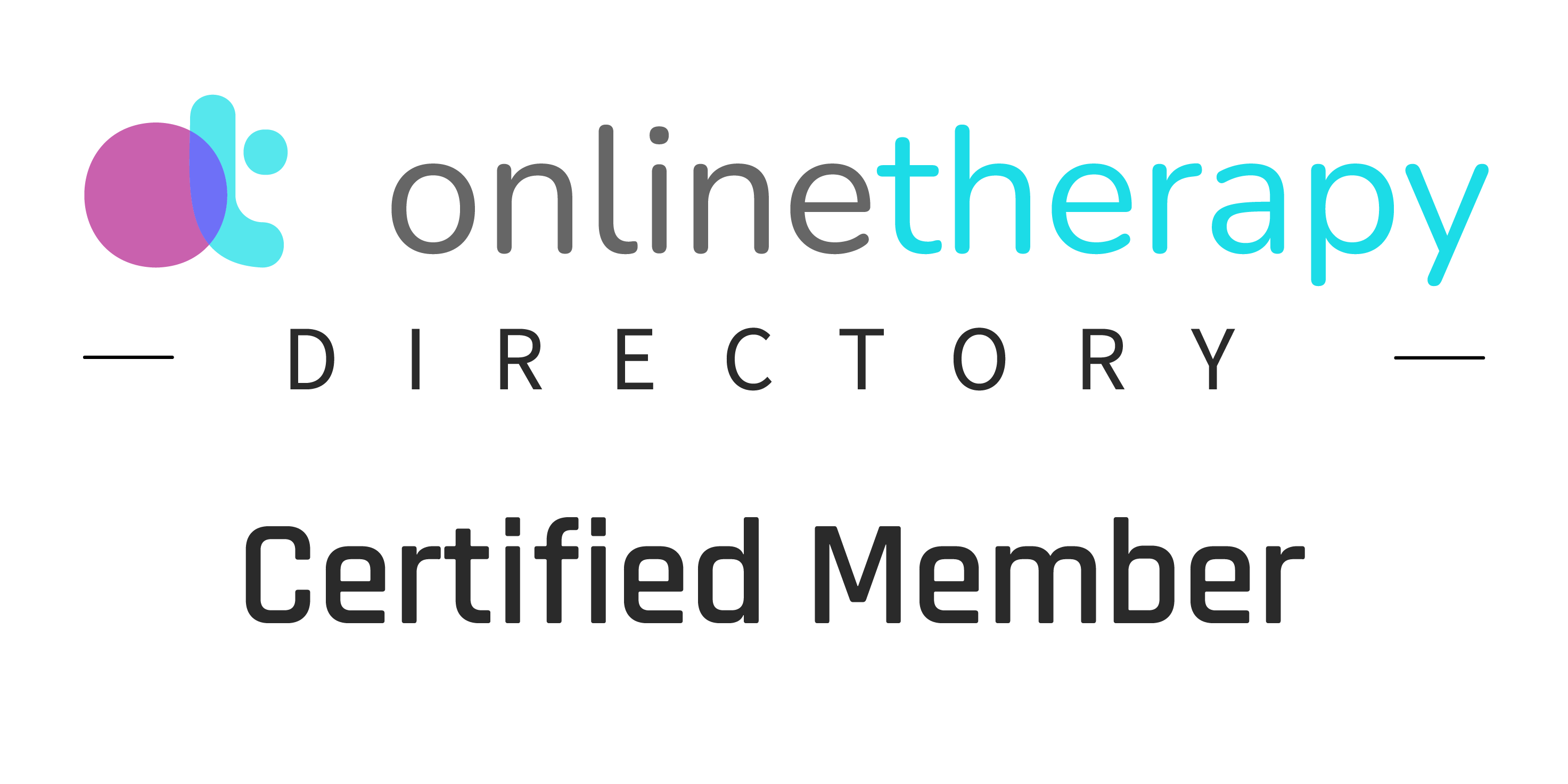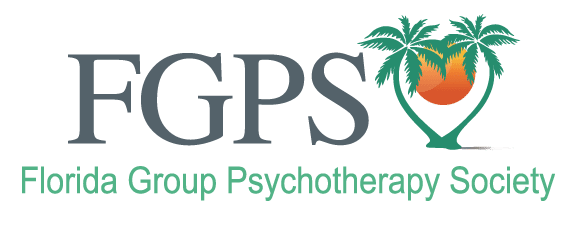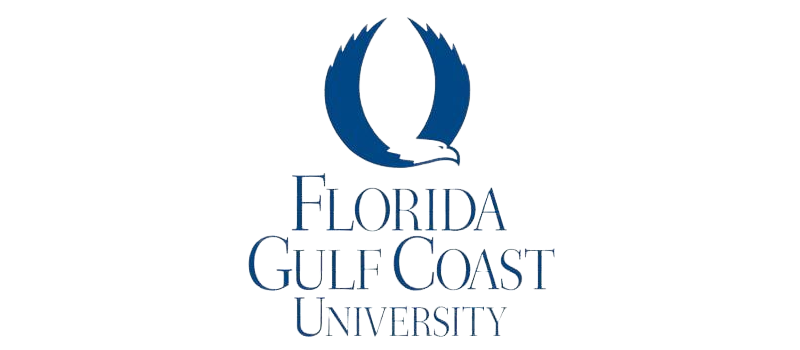Licensure laws are intended to protect the public by limiting licensure to those persons qualified to practice psychology as defined by law. The state of Florida permits basically five types of mental health clinicians to become licensed and provide services to the public. Below are some basic descriptions of the various disciplines.
Licensed Clinical Psychologists (PhD & PsyD):
An individual who has earned a doctorate in clinical or counseling psychology and is licensed by the state as a psychologist. A psychologist can work in multiple therapeutic modalities (psychoanalysis, cognitive-behavioral therapy, marriage counseling, etc.), Psychologists are experts in the areas of human behavior, psychological assessment, diagnosis, and treatment. They employ empirically validated interventions to help patients adaptively change their thoughts, emotions, and behaviors.
Licensed Psychiatrists (MD or DO):
An individual who has earned a medical degree and is able to prescribe medication for mental health disorders (depression, anxiety, schizophrenia, etc.). Most psychiatrists only engage in medication management; however, some engage in psychotherapy (those who do on a regular basis tend to be also trained in psychoanalysis). Psychiatrists are commonly confused with psychologists. A psychiatrist attends medical school then branches off into the specialization of psychiatry. Psychiatrists hold a M.D. or D.O. with prescription writing privileges. Psychiatrists have limited training in psychotherapy and psychological assessment.
School Psychologists (Psy.S):
School psychology uses the same principles of clinical psychology but specifically focuses on helping school aged children succeed. Similar to clinical [child] psychologists, school psychologists conduct testing and therapy; they are trained on a variety of counseling techniques to meet various needs of youth. School psychologists are experts in determining a students eligibility for school services via psychoeducational testing, as their training focused on assisting students in the school system. Additionally, school psychologist can provide targeted treatment objectives and accommodations to support a students success in school. They also have experience working with educators in redesigning educational programs to better serve the needs of the student.
Psychoanalyst: An individual who has completed additional training in an intensive form of psychotherapy beyond his or her masters, doctorate, or medical degree. Psychoanalysts are trained to treat people in psychoanalysis and in psychoanalytic psychotherapy. Psychoanalysts can be trained in psychology, psychiatry, social work, counseling, or marriage and family therapy (as their primary degree).
Social Worker/Counselor/Marriage and Family Therapists:
Licensed Marriage and Family Therapist (LMFT): A LMFT is a therapist with a Master’s or Doctoral Degree in family/marital counseling and specializes in serving persons seeking assistance with interpersonal relationships.
Licensed Mental Health Counselor (LMHC): A LMHC is a counselor with a Master’s Degree in Mental Health Counseling or a Master’s Degree in Clinical Psychology and has received training in counseling and psychotherapy techniques.
Licensed Clinical Social Worker (LCSW): A LCSW is a counselor with a Master’s degree in Clinical Social Work. The social work framework is holistic taking into account not only the individual’s psychological makeup, but also societal and environmental factors that can impact mental health.
Non-licensed Counselors:
Life Coach: Life coaching is often a weekend course which is not a regulated practice meaning there are no education and training requirements or oversight by any licensure board. A life coach many have a Certification in life coaching without any other training/ clinical experience.



